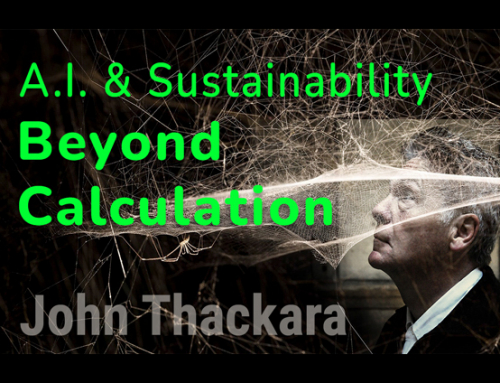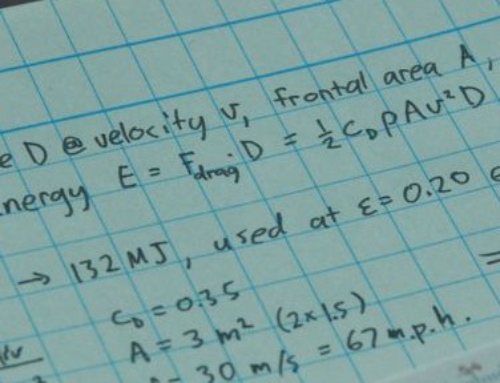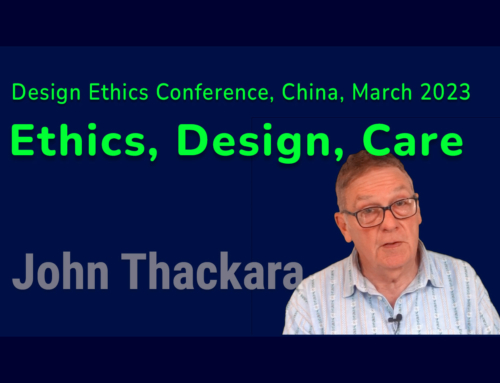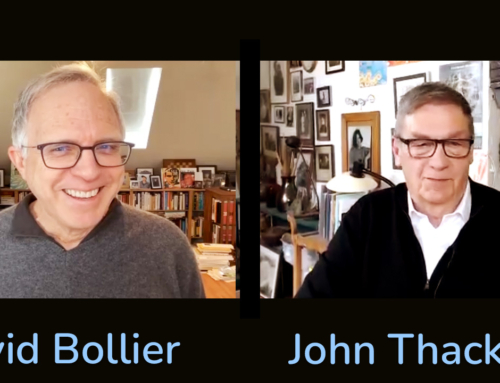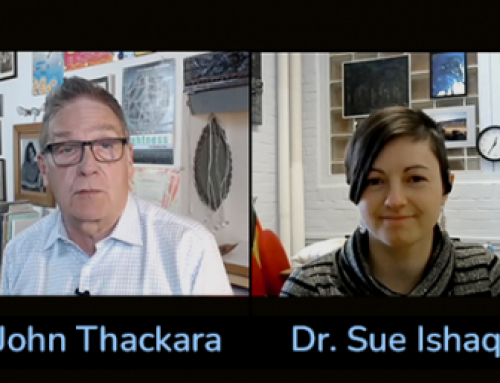“A thief who tells a judge he is stealing less than before will receive no leniency. So why do companies get environmental awards for polluting less – even though they are still polluting?”.
Gunther Pauli is scornful in his new book The Blue Economy of the “do less bad” school of environmentalism.
“It’s an approach which sees billions of dollars invested in less toxic and longer lasting batteries – even though the ‘less toxic batteries’ still rely on mining, smelting and toxic chemistry, are not recycled, and are dumped into the environment to toxify our ecosystems and pose long term health hazards”.
The most entrancing scenario for me is the idea of replacing mining with lichen. Mining, for Pauli, is “one of humanity’s most aggressive interventions. Armed with dynamite, and consuming massive amounts of water and energy, we extract minute concentrations of gold from the depths of the earth”
He asks us to consider that lichens are great miners, capable of extracting specific inorganic molecules like magnesium from rocks and trees. I’ve loved looking at lichen all my life, but had not realised until now that they could be replacements for horrors like this:
Pauli’s wants to build a new economy on the base one hundred of best nature-inspired technologies like lichen. His central principle is the idea of cascading nutrients and energy – the way ecosystems do.
“A cascade is a waterfall. It requires no power, it flows with the force of gravity. It transports nutrients between biological kingdoms – absorbed minerals feed microorganisms, microorganisms feed plants, plants feed other species, with the waste of one being nourishment for another”.
Cascading energy and nutrients leads to sustainability, says Pauli, by reducing or eliminating inputs such as energy, and eliminating waste and its cost – not just as pollution but also as an inefficient use of materials. In ecosystems, there is no waste because the by products of one process are inputs to another process.


